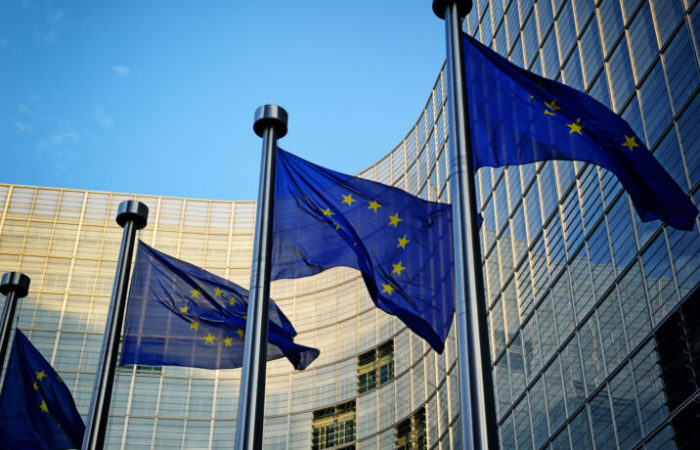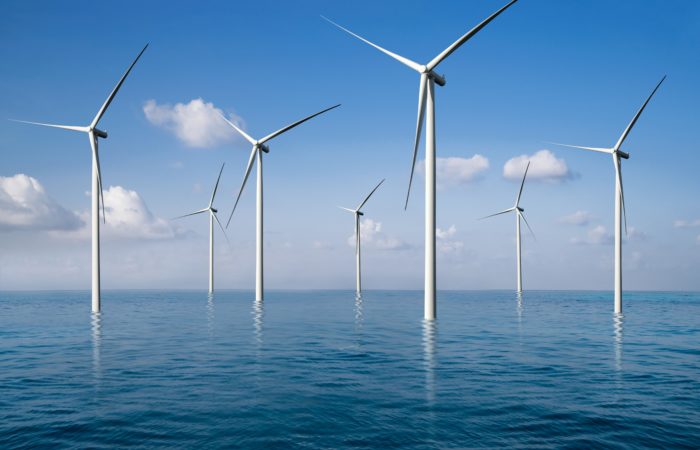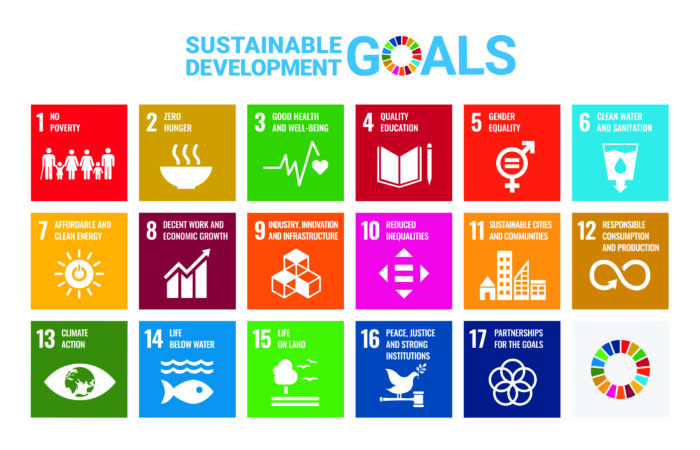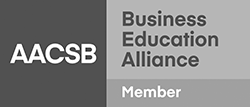EU-Commission Directive on Corporate Sustainability Due Diligence
On 23 February 2022 the EU Commission adopted a proposal for a directive on corporate sustainability due diligence. The directive is instrumental in driving companies to mitigate adverse impacts on human rights, such as child labor and exploitation of workers, and environmental degradation, including pollution and biodiversity loss. The initiative underscores the pivotal role of corporations in fostering a sustainable economy and society, compelling them to scrutinize and address the negative implications of their operations, subsidiaries, and value chains.
Key benefits delineated for various stakeholders include improved protection of human rights and the environment, heightened consumer trust and transparency, and enhanced access to justice for victims. For companies, the proposal promises a harmonized legal framework across the European Union (EU), facilitating legal certainty and a level playing field, while also improving risk management and access to finance. The mentioned rules aim to benefit developing countries by bolstering human rights protections, raising sustainability awareness, and fostering sustainable investments.
The obligations set forth for companies and their directors are extensive. Companies are required to conduct due diligence to identify, prevent, mitigate, and account for negative human rights and environmental impacts within their operations. Moreover, large companies must devise a plan to align their business strategies with the goal of limiting global warming to 1.5 °C, consistent with the Paris Agreement. Directors are mandated to implement and oversee these due diligence processes and incorporate them into corporate strategies, taking into consideration the long-term human rights, climate change, and environmental consequences of their decisions.
The directive will apply to two main groups: Group 1 encompasses large EU limited liability companies with over 500 employees and a turnover exceeding €150 million, and Group 2 includes companies with more than 250 employees and over €40 million in turnover operating in high-impact sectors such as textiles, agriculture, and mineral extraction. The implementation will stagger, with Group 2 companies being subject to the rules two years after Group 1. Small and Medium Enterprises (SMEs) are not directly targeted by the proposed rules but will receive support to manage indirect effects.
Enforcement mechanisms include administrative supervision by designated member state authorities and a European Network of Supervisory Authorities to ensure a coordinated approach. Moreover, civil liability provisions will ensure compensation for victims arising from non-compliance with the directive’s obligations.

